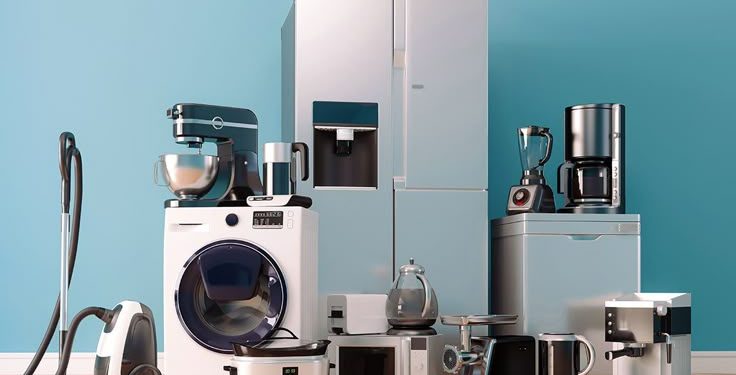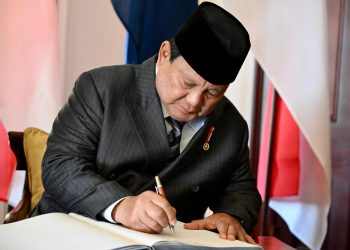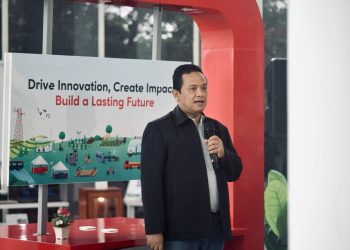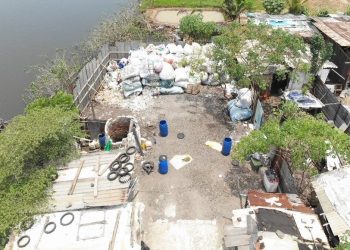Jakarta, Indonesia Sentinel — The Indonesian Ministry of Energy and Mineral Resources (ESDM) is set to expand its Minimum Energy Performance Standards (SKEM) through the Energy-Saving Labels (LTHE), aiming to reduce energy consumption by 3.8 terawatt hours (TWh) by 2030.
ESDM Secretary General Dadan Kusdiana announced that the new standards will be applied to water dispensers starting in 2025, bringing the total number of regulated household appliances to eight.
“These measures provide consumers with additional recommendations without limiting their choices,” Dadan stated in an official release on Sunday, March 23, as reported by Kumparan.
Since its introduction in 2015, the SKEM and LTHE programs have allowed consumers to make informed decisions when purchasing energy-efficient appliances.
An analysis of five key products including air conditioners, rice cookers, refrigerators, LED lamps, and electric fan indicates that high-efficiency models could reduce peak electricity demand by 599 megawatts (MW) and save 3.0 TWh of energy by 2025. The long-term projection targets a reduction of 787 MW and 3.8 TWh in energy savings by 2030.
Dadan emphasized that the labeling initiative is being implemented gradually and is designed to educate consumers rather than restrict their purchasing decisions. “We have a roadmap in place, and by 2030, the government aims to expand SKEM and LTHE requirements to 11 types of household appliances,” he added.
Energy Saving Labels
The labeling program initially covered air conditioners in 2015, later expanding to refrigerators, fans, and rice cookers in 2021. LED lamps were included in 2022, followed by refrigerated display cases and televisions in 2023. Consumers can identify energy-efficient products through a star rating system, with higher star ratings indicating greater energy savings.
Read Also:
Sri Wahyuni, an official from the Indonesian Consumers Foundation (YLKI), welcomed the initiative, stating that it ensures consumer protection by setting clear energy efficiency standards. “The LTHE label serves as a guarantee from manufacturers to consumers, verified by the government, that their products meet energy-saving standards,” Sri explained.
By promoting energy-efficient appliances, Indonesia aims to cut fossil fuel consumption and reduce air pollution while empowering consumers to make cost-effective and environmentally conscious choices.
(Raidi/Agung)

























